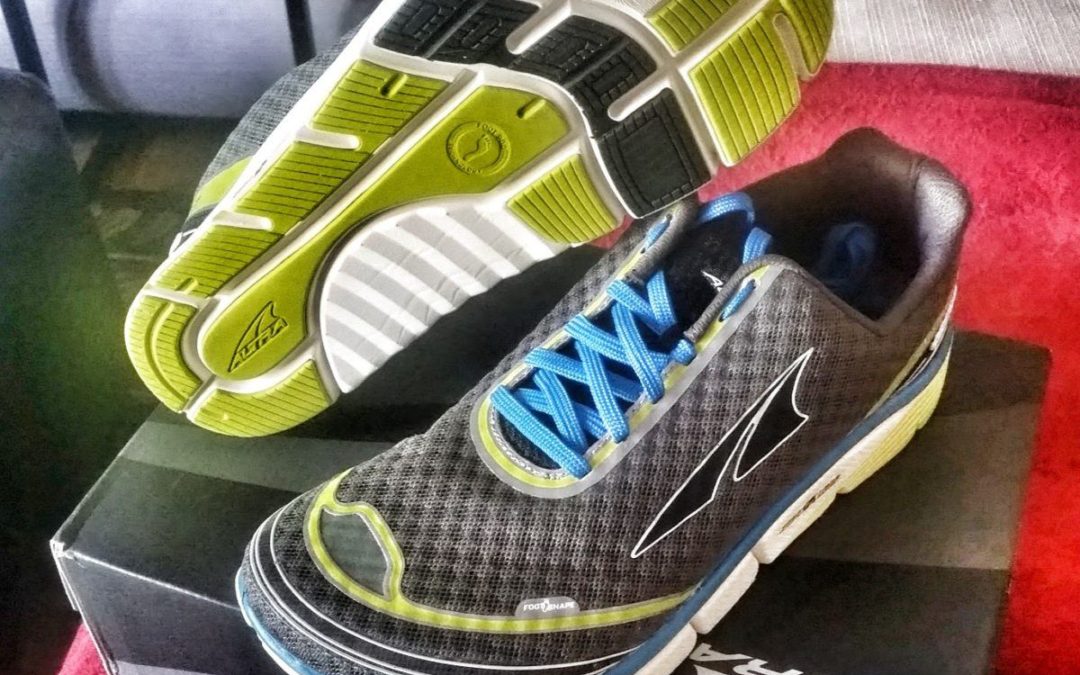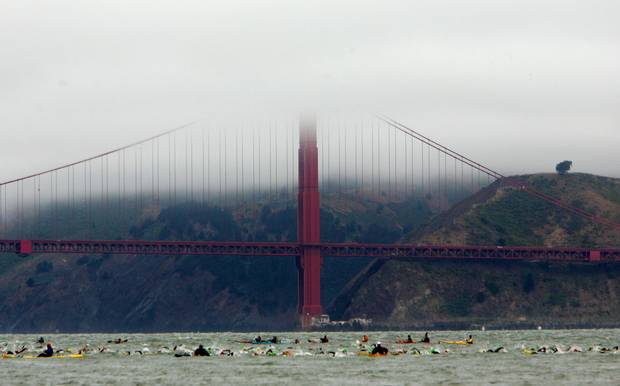On Tuesdays and/or Thursdays, I will do my best to give one simple fitness, triathlon or running tip, trick or piece of information that will provide some value to in either helping you to become...


On Tuesdays and/or Thursdays, I will do my best to give one simple fitness, triathlon or running tip, trick or piece of information that will provide some value to in either helping you to become...

What does it take to get you out of bed and get your workout on in the morning? Is it just an alarm clock? Is it the fact you have the opportunity to hit the “Snooze Bar”? Do you have an issue with...

Are you seeing a pattern yet? Yes, I am becoming a huge fan of the 6 year-old running shoe company known as Altra. As I have been instructing clients in form techniques, and have found that most of...

I have been a fan of the Altra line for a little while now, so I was so honored to be given a chance to review the brand new Altra Torin 2. I reviewed the 1.5 version when it first arrived, and it...

It's been a couple of weeks since I have been back from the NYC Marathon, a couple of weeks since my last post and worse yet, almost a year since my last race recap, so I guess it's about time I...

It is no surprise that Broadway musicals have embraced the world of multimedia. In my review of Ghost:The Musical, I even prefaced how as appealing as it is, it sometimes is a detriment to the...

 triathlon. Deaths have been on the increase in triathlons and the vast majority of them occurring during the open water swim leg. This post is not intended to scare into never swimming in open water or ever competing in triathlons, but provide information about the precautions to prevent these types of accidents from occurring.
triathlon. Deaths have been on the increase in triathlons and the vast majority of them occurring during the open water swim leg. This post is not intended to scare into never swimming in open water or ever competing in triathlons, but provide information about the precautions to prevent these types of accidents from occurring. experience swimming in it to understand its somewhat constricting feel. Even a few laps in the pool helps.
experience swimming in it to understand its somewhat constricting feel. Even a few laps in the pool helps.